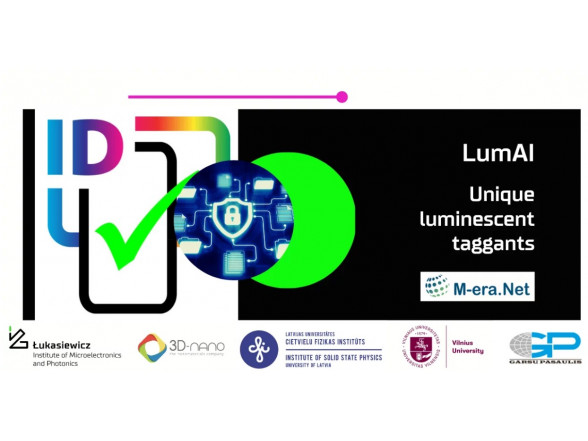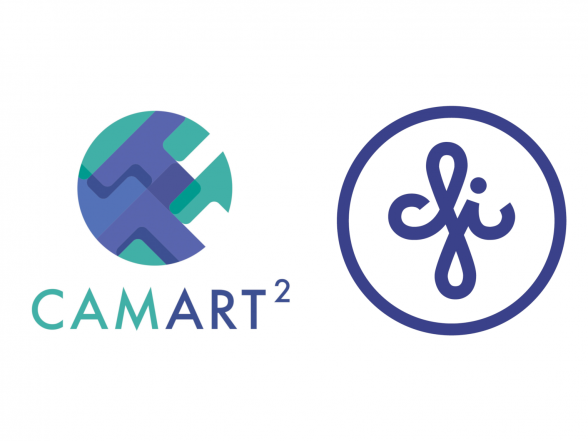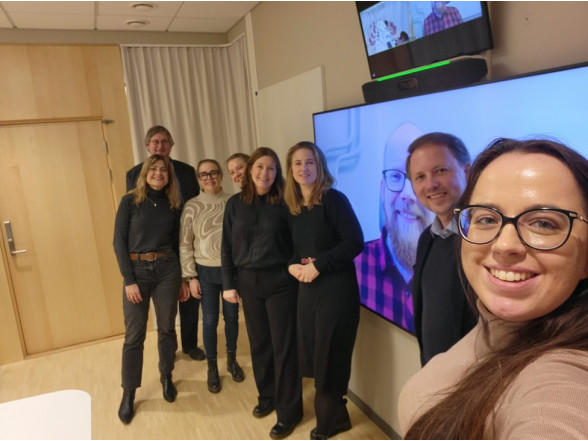CAMART2 contribution to the infrastructure upgrade and the development of the skills and knowledge of ISSP UL’s researchers has provided an opportunity to participate in a new international project LumAI. The ISSP UL will offer its expertise in achieving the goals set out in the project: to facilitate the verification of the authenticity of documents and reduce the number of forged documents.
Not only passports, ID cards, and driving licenses, but also government stocks, tax stamps, and even college degree diplomas are forged. So, the big question is – what can be done about it?
The LumAI project provides an answer. LumAI is one of the winning projects in M-Era.Net Call 2022. The LumAI system is a smart solution that can be used to make sure the documents are authentic. Moreover, the system will confirm the document’s validity and identify its origin, providing additional security.
What is it that makes it so distinctive?
First, the unique luminescent markers for tagging security documents in the form of prints on paper and polycarbonate substrates; second, a multicolor flash lamp for hyperspectral illumination; and, finally, a dedicated mobile application based on Artificial Intelligence trained for the process of verification.
The project proposal “Luminescent tagging of documents and the method of their mobile detection based on Hyperspectral Imaging and Artificial Intelligence (LumAI)” is one of the only 16% awarded in M-Era.Net Call 2022. And it will be implemented at ISSP UL under the supervision of the leader of the consortium, Łukasiewicz Research Network – Institute of Microelectronics and Photonics from Poland, in collaboration with 3D-nano, the second Polish consortium member, and two partners from Lithuania: Vilnius University and Garsų Pasaulis.
The project leader is Kamila Leśniewska-Matys, PhD Eng. from the Smart Materials Research Group. The person responsible for the project from the Latvian side is Dr.phys. Jurģis Grūbe from the Laboratory of Spectroscopy (ISSP UL).
The research in Latvia will be funded by the Latvian Council of Science. The project’s total funding is 730 000 €, 150 000 € is the Latvian part.



